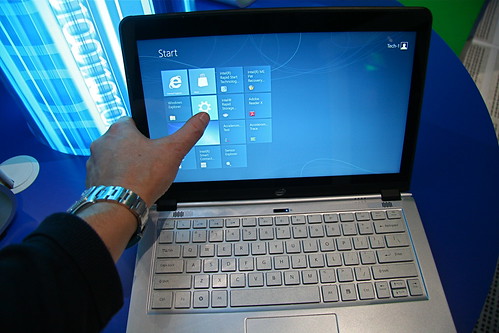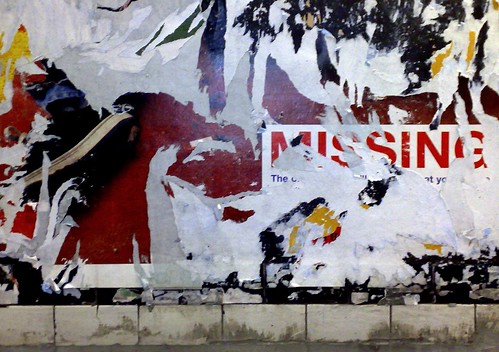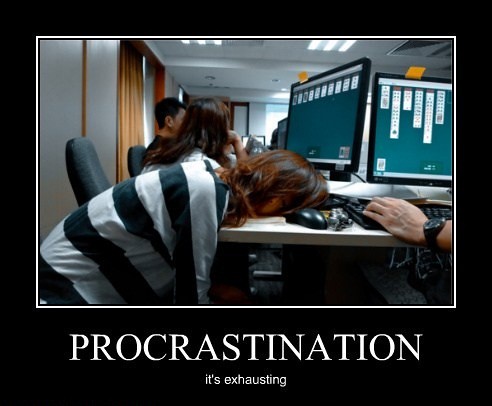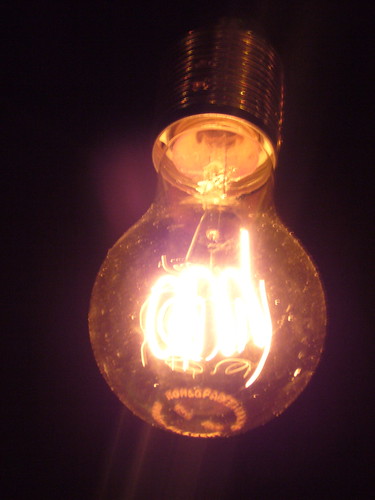
Recently, one of my managers who knows that I tend to pay a lot of attention to my diet told me about how he stopped at the grocery store to pick up a salad and a diet soda and all of that cost him almost $10. My response was simply "That's the six-pack-tax".
Now I am not even close to sporting a six pack, and frankly, it's not really a goal of mine. The credit for this phrase belongs to someone else.
Tim Ferriss coined the term "Six-Pack-Tax" in his book
The Four Hour Body (which is a fantastic, but huge book). The Six-Pack-Tax refers to how eating healthy while eating out can be more expensive than eating a Standard American Diet (SAD).
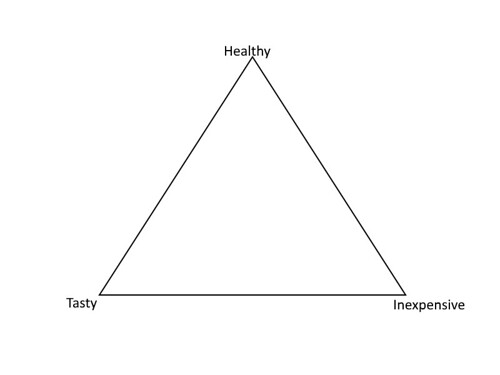
In my experience buying food follows the above image of a triangle. The food you eat is going to be a point inside that triangle. The closer you are to one of the corners the farther away you'll be from the others. You can have a good dose of any two, but it's unlikely you'll get all three.
Sometimes it is warranted that eating better is going to cost you more. Starches are extremely cheap and restaurants want you to leave feeling full so you will often get a big dose of starch in your meals and it seems like a good "value". I doubt I need to go into why getting a large fry is not a good decision when it comes to your health.
There are also cases where you know that companies are simply charging more because people who want to eat healthy are willing to pay more than people who don't eat healthily. This sucks, but it's just economics. People who are health conscious tend to be less price sensitive. However, they also tend to be very quality sensitive so it costs more to make a product that is acceptable.
Get Beyond Price Per Calorie
When making these value decisions one should not just evaluate the cost per calorie (macronutrients) but also to factor in what kind of vitamins and minerals are contained in the food (micronutrients). If you are eating cheap food the odds are good they are extremely micronutrient poor. In fact, most of the micronutrients will probably be in the fortified flour used to make the bun/bread/pasta/pizza crust, those vitamins are not naturally occurring, they are lab vitamins sprinkled on to make sure that people don't get scurvy, rickets etc.
In contrast, if you get the chicken salad, you'll actually be getting the building blocks of your body in their naturally occurring form. Also, you will be getting a lot more of them per calorie than from the dollar menu options. This idea of micronutrients per calorie is known as nutrient density. Nutrient density is really what you should put your money in. See an awesome
Nutrient Density post written by Dr. Sarah Ballentyne, Ph.D.
Whoop Dee Doo Coach, I'm Frugal
The two areas affected most by eating a nutrient dense diet compared to a SAD are short-term productivity and long-term health. The short-term productivity is where I intend to get your attention. Everybody knows that in the long haul eating poorly with negatively affect your health, but hey that's a problem for future you. Current you has bills to pay.
Have you ever come back from BurgerPlace and wanted to fall asleep from 1 pm until 3 pm? Yeah, that is the immediate drawback of the SAD diet lunch. You smash a pile of fried starch and a big cup of sugar and for some reason you are tired. Now you might be saying, "That's just how I am in the afternoon, that's not my diet. Besides, everybody is yawning after lunch". To which I would say that's why it's called the
Standard American Diet. Just because it's common to see people feeling terrible doesn't mean it is normal, nor is it inevitable.
If you come back from a lunch of reasonable portions, consisting of unprocessed foods (aka
real food, not edible food-like products), you will most likely feel refreshed and full of lasting energy and not the half hour from sugar and caffeine kind. This little transition will turn your post-lunch from survival in a truly productive time.
Of course, there is a workaround for this in that you can cook your own food. This will allow you to control the ingredients and will take the cost down a whole lot. We will put that aside for now and assume you are interested in convenience.
With that in mind if you want to have a cheap physique, discount physical health, and budget energy, keep eating SAD (and answer the question
How's that working for you?) However, if you are interested in not only your long-term health and aesthetics but especially your immediate productivity, invest in yourself, pay the six-pack-tax, get your energy up and go about kicking some butt.
